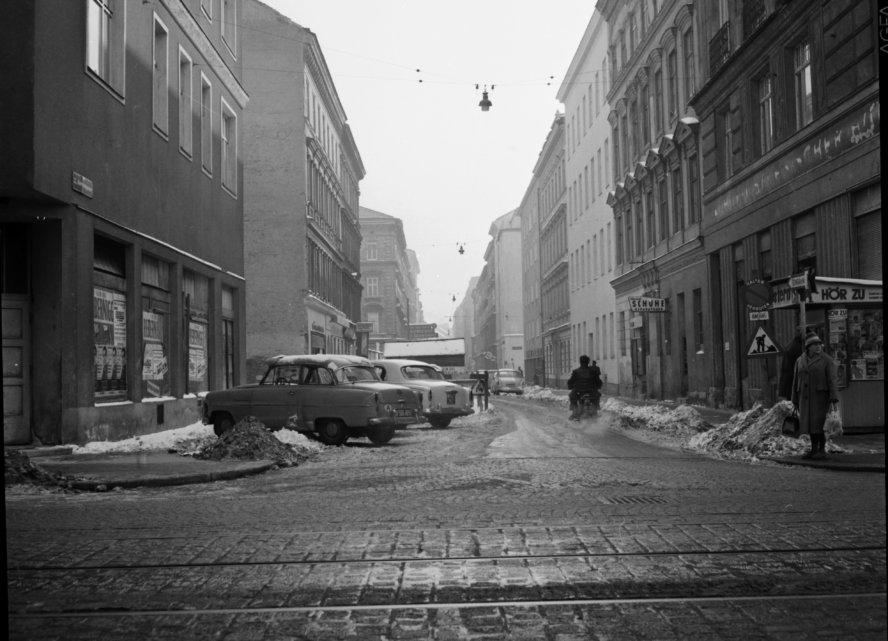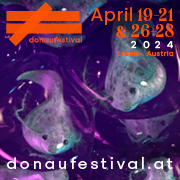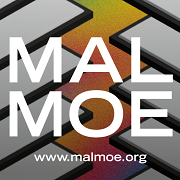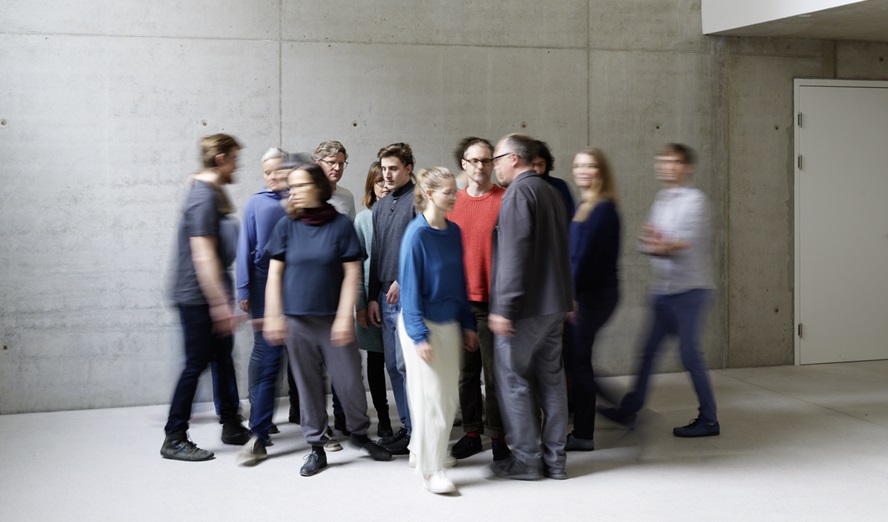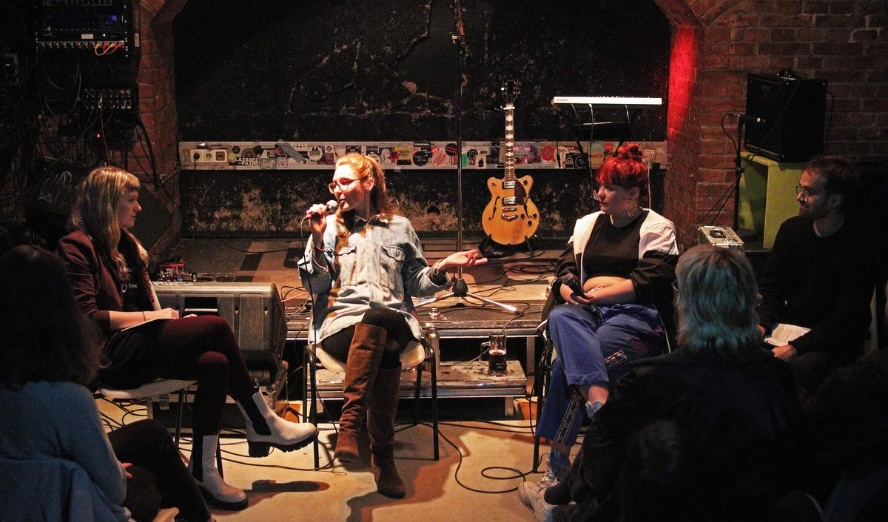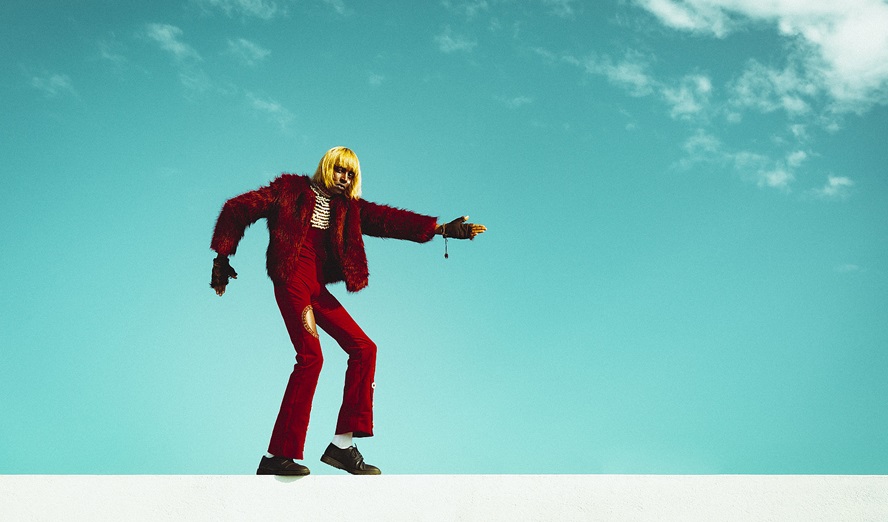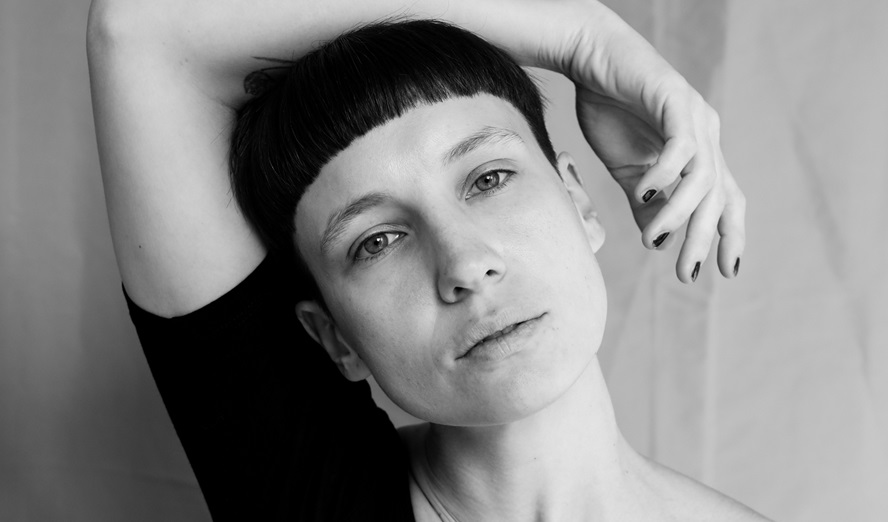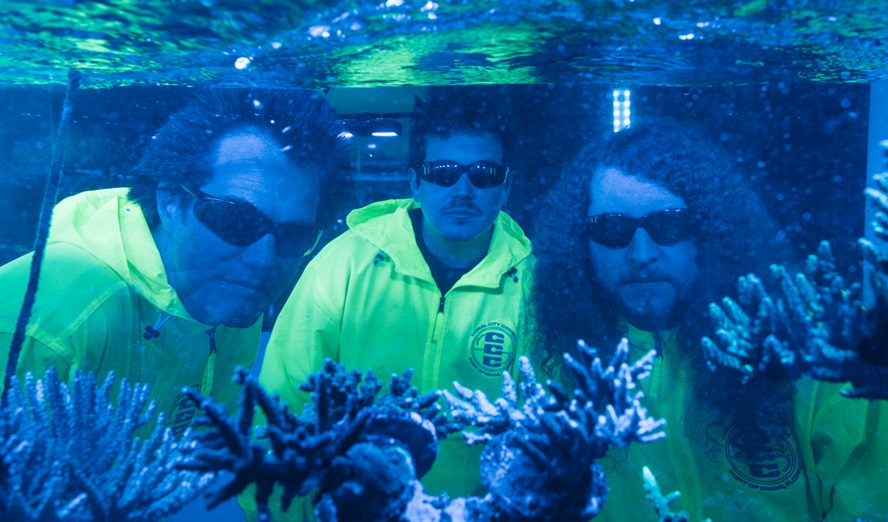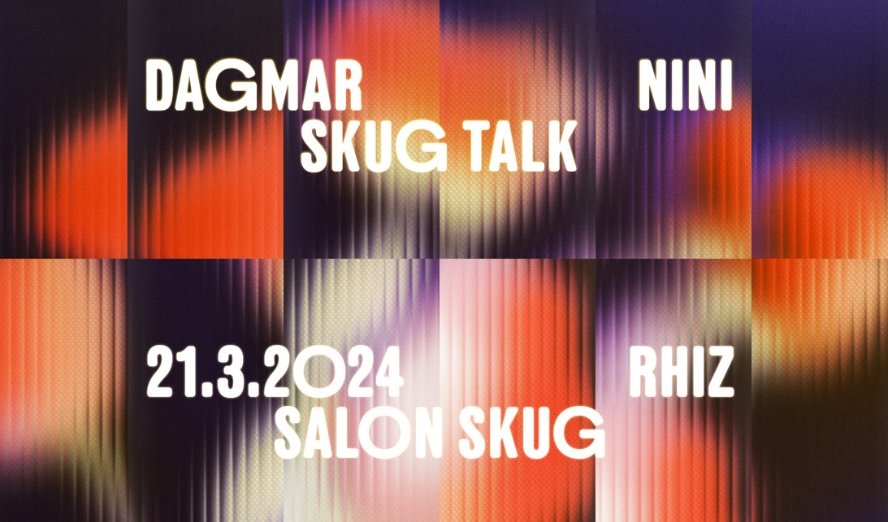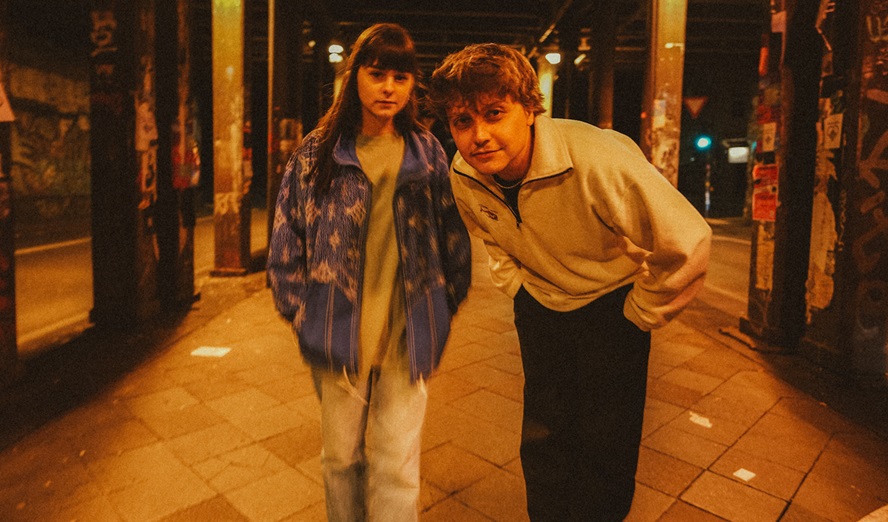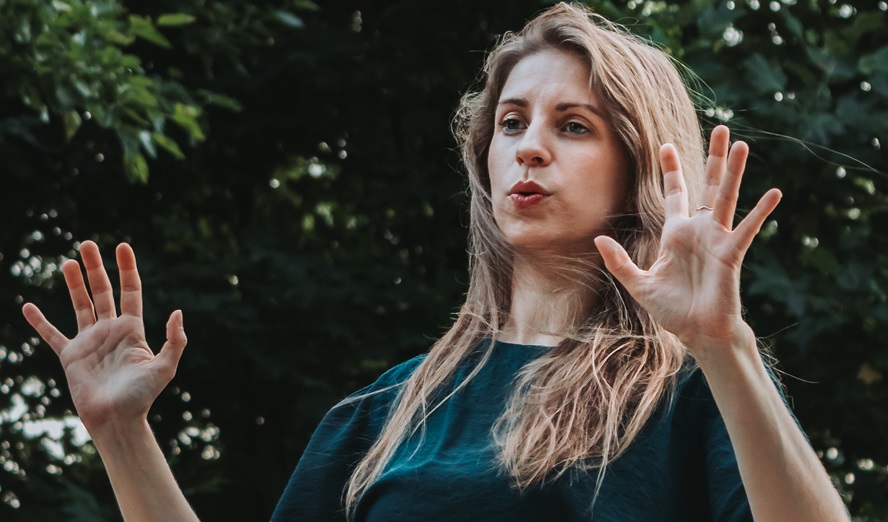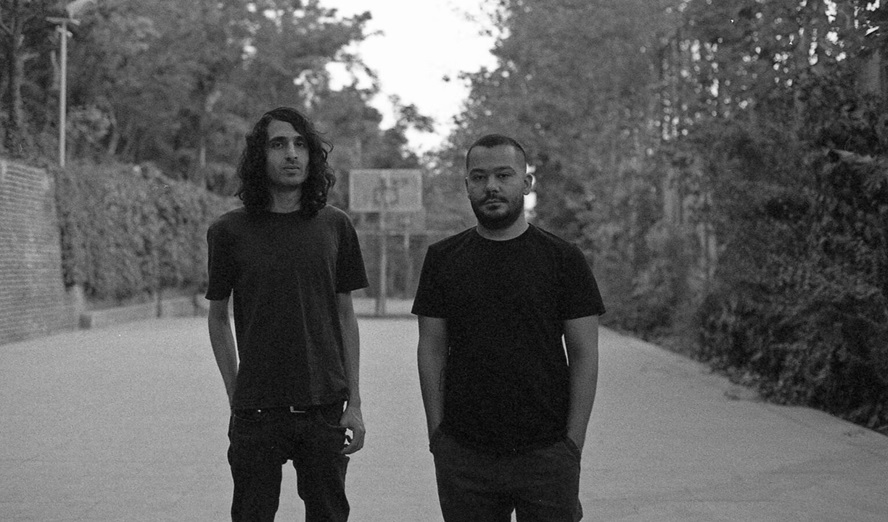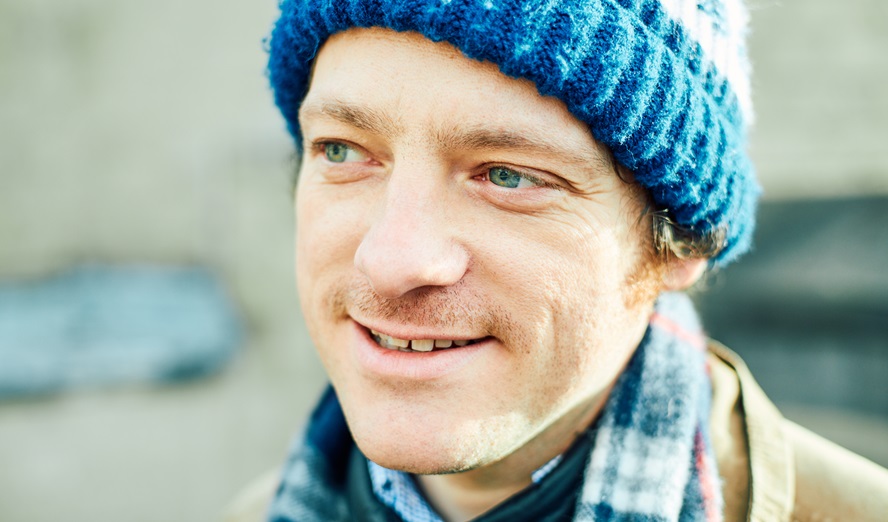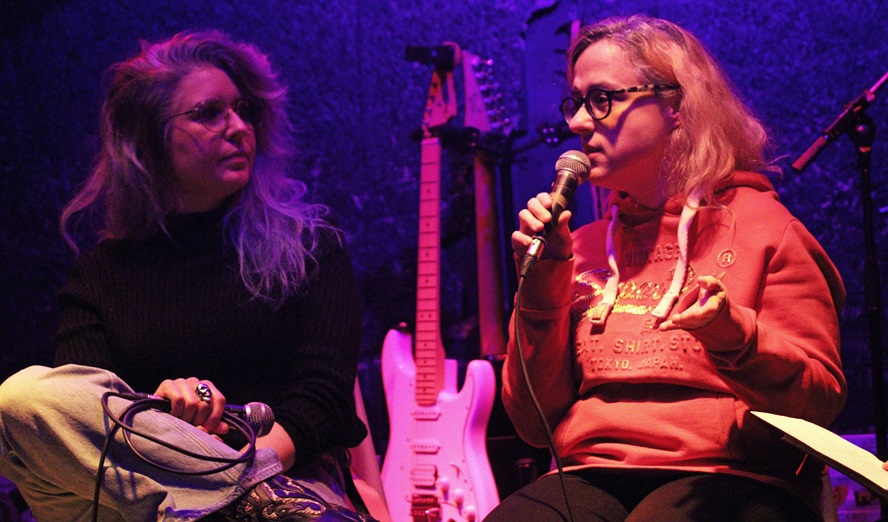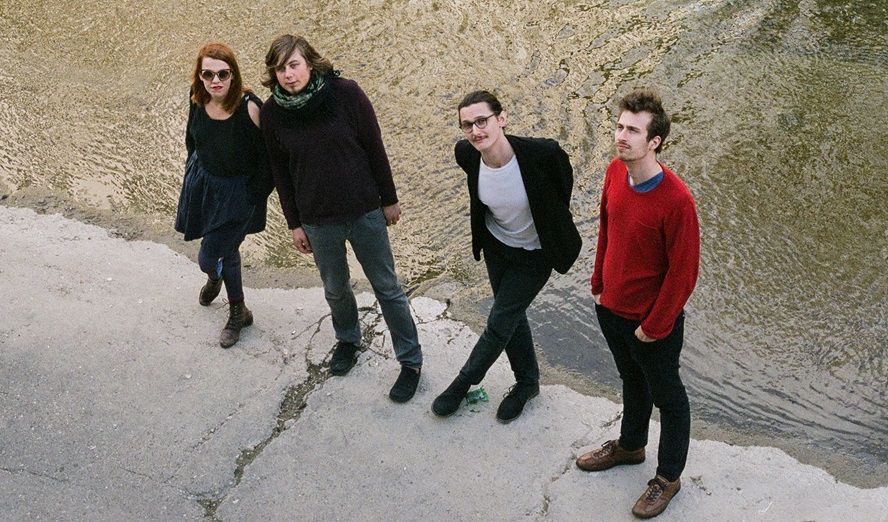skug meets the radio producer, audio artist and sociologist Karen Werner inside the gallery MAG³ during the installing of her exhibition »Haus«. »Haus« is labelled a sonic diptych. The first part of this sound piece is about the artist’s great-grandmother’s house in Novaragasse in Vienna, which was confiscated by the Nazis during World War II and the second part is about the circus that used to be near the Novaragasse. Werner’s installation will be framed by works of different artists, who occupied themselves with the subjects of holocaust, postmemory and the stranger. In this rich conversation we learn about the possibilities of hearing the inaudible, the meaning of the Kabbalah, the politics of knowledge and about the beautiful radio networks in Europe and the US. Keep in mind that it isn’t important if a word is used in its literal or metaphorical sense. And now, let’s step inside the gallery and listen to Karen Werner…while the owner of the gallery, Gue Schmidt, and the artist, Georg Salner, are working in the background hanging the pictures on the wall…
Karen Werner: I have a fondness for your recorder. I used one like this for a long time. (laughs)
skug: Exactly this type?
Yes, DR-40.
Okay, let’s start with a rather complicated question. Some Astrophysicist said once, we can see in space (or outer space) only those things we are meant to see. There is a certain barrier we can’t look behind, because it’s beyond our capacity to see, understand, recognize or hear. It’s a little eerie when a scientist says things like that, but it’s obviously true. I’ve had the feeling your work is partly about that: certain things that exist beyond our capacities. We can’t comprehend them, but they influence our lives. In your work »Resonance 1« you talk about it.
Mhhh. … Oh you want me to riff? (laughs)
That would be nice.
„Resonance“ was really about the relationship that makes audibility possible. In a lot of ways this is still relevant to the experience of this show. I might be jumping a bit ahead. You know my understanding of Vienna is that it hasn’t had the capacities to hear some of its history…until maybe a decade ago, when it started to work on its history of the Holocaust. And started to reckon, to grapple and struggle with this certain neighborhood of the ghosts. There is more of a resonating space for it now, because of the people of my generation encountering it. The younger are more or less able to hold a space for it. And that is, what this exhibit is about, it’s about a resonating space for this history. The house itself becomes very important. I’ve been thinking a lot about resonance lately. In making a circus inside the house I’m basically creating a soundscape that has a lot of resonance in it. Like, you literally hear the house in the piece. It’s about the sounds in the house but also the house holding the sounds, being the thing that the soundwaves are hitting. So resonance is a very strong interest of mine.
And you’re occupied with this specific house in Novaragasse because of certain things you can’t hear or see anymore, because the people are gone.
Yeah, maybe. But I have the feeling you can see everything, if you just look. I think seeing is overrated, anyway. There is a certain feeling for the reality of different things existing all at once, whether we see them or not. Maybe we’re having just an imagination.
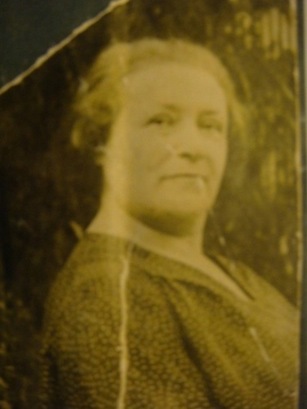
Let me try to clarify this thought. In »Laws of Lost and Found Objects« you are trying to get into contact with your great-grandmother. These are very moving piece in which you realize you didn’t lose your relatives during the Shoah, they were stolen from you. Your whole approach seems to me, as an attempt to connect. You’re calling your mother via telephone. Well, obviously you can do this, because she is still alive. But it strikes me like a metaphor, because it seems like you want to get into contact with deeper layers of existence. Unconscious parts of your mother, yourself and your family and to a certain extent you were able to do so. Am I right with this interpretation?
Yeah, for sure. Your other interpretation was beautiful too. It’s very moving to realize that you were listening so closely. So, thank you for that. … I would say a related theme is the very honoring of the distance too. Like the phone line is also a metaphor for separateness. But we can connect; even our bodies are not together. Or even not alive anymore. The recording is a way of being with bodies that are no longer around. There is a lot of living and not living in the very medium itself. And the distance is very important. In the piece I’m doing right now, there are a lot of people who are calling into the telephone. I just love the sound of the phone. And it’s also the yearning to connect that is important. To try to connect, to keep doing that, seems like a very wonderful way of living. To sensitize and to listen in the biggest way.
There is also some kind of spiritual sense in it. Isn’t it? For the work »Laws of Lost and Found Objects« you read the Talmud for the first time in your life and you immediately started using it in a cabalistic way. Because you used the first page you opened by chance.
You are right!
You became a Buddhist, but it seems Jewish life and tradition is still important for you.
Yeah. In US some of the Buddhist cultures are actually quite Jewish too. My Zen teacher was the daughter of a Holocaust survivor herself. I don’t know if you happened to hear the piece at Museumsquartier [»Covenant of the Tongue«]. That’s also very much Kabbalah. I haven’t thought about the randomness of the using of the Talmud as cabalistic. Yeah, but there is also that thing, it’s like a spiritual lining – whatever that means. But for me it means a deep, deep connection. One of the biggest gifts I’ve gotten from Zen practice is this idea that the only sin is separation. So separating from the world around us, other people, our own suffering, our beauty, other people’s beauty, to separate from that is what the practice is countering. To try to not separate. To try a practice of non-separation. It happens to be, that I was co-oped and being raised in a Jewish house. I had a very Jewish mum. So I can’t help it, whatever it is, certain aspects of Judaism are always around. Like the love of interpretation and the joy of struggling with texts, which is a living struggle. It’s the ongoing joy of engaging with a text.
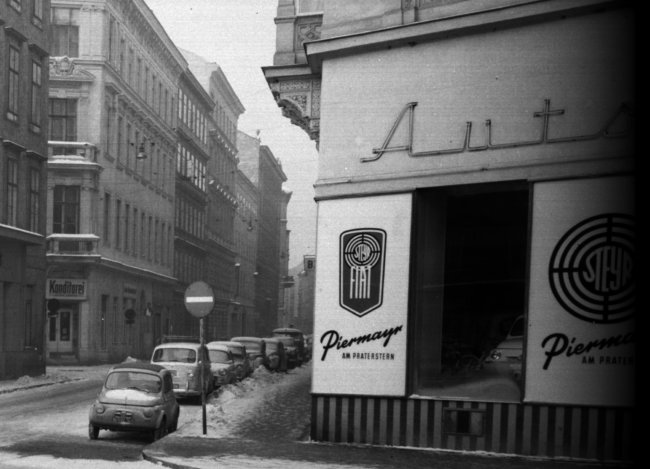
In your most recent work you are occupied with the former home of your family in the Novaragasse in Vienna, which has been a place where people were gathered for deportation, so called »Sammelhäuser«. Tell us a bit about this work und your specific approach.
I would like to step back for a second and mention that this is part of a seven episode series called »strange radio«. These last two episodes that will be part of the exhibit here are called »house«. So the last two episodes really deal with the house. These seven episodes are an exploration of holocaust past memory, stranger issues of grieving. And repair. What does it mean to repair? Can art help us repair and if so how? The last two pieces are about this house, which is such a rich symbol. The house is a symbol for us of self, but it is also a symbol for a society and it is right at the intersection of two. It brings up issues of home and issues of safety and family. Genocide, like the Holocaust, does so much to tear apart that kind of fabric. And to have that violation happen in the home gets very intimate, almost in a physical level. That helps me not to separate. The thing about the Holocaust is that it is so impossible to even fully connect with. It is beyond comprehension. The house is maybe connected to repair – as much as this is possible. Like engaging on a workable level. I don’t know if that’s true. Anyway, something about the house has been calling to me on a lot of levels. I thought maybe I could even be of use. In a way to try and serve the house. Like I’m almost like a caretaker. (laughs) »Hausbesorger«. It’s like taking on the role of a caretaker of the house’s energy and spirits.
I see. We talked about that in the beginning…
And in a way to help – and this goes back to a Buddhist idea of feeding the hungry ghosts in all of us. And so I’m feeding the ghosts and trying to help the ghosts in the house. Whether one believes in ghosts or not, and I don’t even really know it. I don’t even care about the literal or metaphorical. It is just the feeding of an other that is wounded is a way of feeding myself. And on behalf of my family and maybe on behalf of the list of people whose names I have that were deported from the house. So it is my way of serving. We all get meaning and heal ourselves by healing others, or by trying to help others. So blurring a lot of lines between self and other is a very big goal of »strange radio«. The English word stranger comes from the Latin meaning being on the outside of and being external to. There is also the idea of self and other and trying to work through those divisions is also a practice of non-separation. I think that when art is really profound, which I aspire to and love, and that process is fed by what happens when others practice it, it actually helps us break down our ideas of self and other and the lines between past and present and history and future. In the end self and other blur and then there is some kind of non-separation… (laughs) I hope that is coherent and if you could make that clear, I would bless you.
That will be easy. You studied psychology, sociology and – obviously – you have chosen a more artistic than scientific approach. Can you describe why you have chosen this path?
Mmmh, yeah.
You could do the things you described before in a more scientific way as well. You could start to interview people; you could go into certain archives.
The thing is, I have actually used a lot of archives and I bring a training in research and processing data. So I work with a lot of data and I would say there are real politics involved in the knowledge that I work with. And I guess this goes back to an idea of having been trained in a culture that sees knowledge as something that separates from the body or separates from feelings and separates from poetics. I still call this research. And some of my work is still bringing this work to the context of academic spaces and claiming this is knowledge. There is definitely a community of people who feel the same way, so there is a growing political idea that sees these artistic and poetic practices as valid knowledge. This has a really big material impact for how we live within the world. Which also goes to a huge issue, particularly in the two pieces that are in this show. They are about language in the Kabbalah and one of the languages in the piece I’m making right know is the circus as a language. So I’m thinking a lot about how language makes it possible for some things to become audible. And the act, in anything that we say we are implicated in creating so there is no innocence in what we utter. Every utterance is a responsibility. And to claim that responsibility in the Jewish sense of grappling with the text. What are the languages we’re choosing and how are we using them? And that that really is political in terms of the world we are energizing and creating. It’s a spiritual thing too, because it gets into issues of vibration, which are big in the Kabbalah. Like literally the letter vibrating a world into being. But this is also very much a part of a lot of speech-act theory and ideas of performativity of language. So language and narrative bring a world into being. So there are real politics in the work and also a conversation that I’m having with academia and the ideas of knowledge.
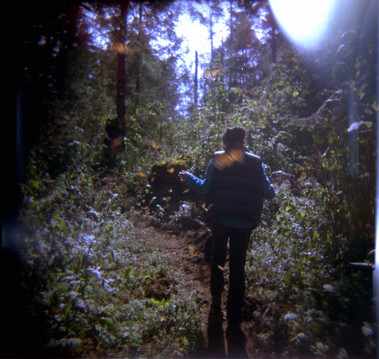
Noam Chomsky claims that understanding is an act of creation. He doesn’t like this sender receiver idea, in which the receiver of information is just decoding the meaning of the sender. It’s more like the receiver is building the meaning in an act of creation. Almost as if he starts from scratch.
Right, and there are a lot of fun issues in the radio metaphor. Radio is such a rich medium for these issues of transmission and reception. A friend, mentor and inspiration to me is the radio theorist Gregory Whitehead, who talks a lot about the gap between transmission and reception in radio. That gap is a very rich place to honor. Maybe that is the place of the creative possibility. The act of communication is never pure. There is always the creativity on all sides.
Steve Reich once said he would be lost financially without the European scholarships and without commissions of European festivals. How is your situation as an avant-garde radio producer? Do you have support for your work in the US? And can you compare the situation in the US with the one in Europe?
Mmmmh.
Now we are talking about nasty things: money.
Nasty. (laughs) Well, yeah, I mean it’s interesting. Vienna has some wonderful institutions, like »Kunstradio« and there is really experimental fun stuff going on at »Radio Revolten« based in Halle Germany. Some people from »Kunstradio« are there to. I mean in US – I don’t know – it’s complicated. I have support – and I’m very thankful for it – from friends in the US, who are edgy. And this work is definitely on the margins. But I really like the margins. I like the margins, because you can take a lot of risks. And, you know, there is also such a special community on the margins. There is definitely a main stream radio scene in the US, which is exploding right now, with podcast and so on. I feel this also gives me a purpose to be on the margins because I can keep posing questions and nudging the center. Even with questions relating the struggle of how this work gets funded. A lot of the podcasts are privately funded by advertisers…
…and you find advertisers for your kind of work?
For this??? (laughs) No, that’s absolutely impossible. – I’m sorry to hear this from Steve Reich, because he such a big star.
But even he depends on scholarships.
Mmmh. You know, I’ve been finding fellowships funding this. Not extravagantly. And yeah, »Kunstradio« is commissioning this piece, so the funding is coming from here. Australia was doing more adventurous stuff and I was doing work with them. But they’ve been getting less adventurous. Well these things ebb and flow, but it is really a terrible moment globally for arts. Maybe not the whole globe and there are some places that are not. And yeah Europe has really been great to learn about and in the US right know… Well look, I’m compulsively optimistic and I can see all these possibilities. The possibilities in terms of meaning and serving an art world…that might otherwise be just a commerce world. And the academy gives a space to have enough funding to live on while doing these experiments. But you have to be really creative and a little lucky. And you cannot have high, expensive tastes. (laughs)
Radio and especially talk radio has a much bigger tradition and influence in the US. On the one hand you have this rightwing and more or less insane talk radio, like Alex Jones and on the other you have this campus radio scene, which we don’t have in Europe.
Yes, but you have this fantastic community radios like »Radio Orange«, which is part of this whole network, like »Radio Revolten« is part of »Radio Corax« in Halle. There is a whole network of really, really adventurous community radio stations in Europe that I’ve gotten to know about. But, yes, in the US we do have college radio. It’s a really complicated terrain to think about the sociology of the different role of radio in Europe compared to the US. There is still a lot to learn for me there.
Links:
http://karenwerner.net/
http://radiocorax.de/
http://radiorevolten.net/
